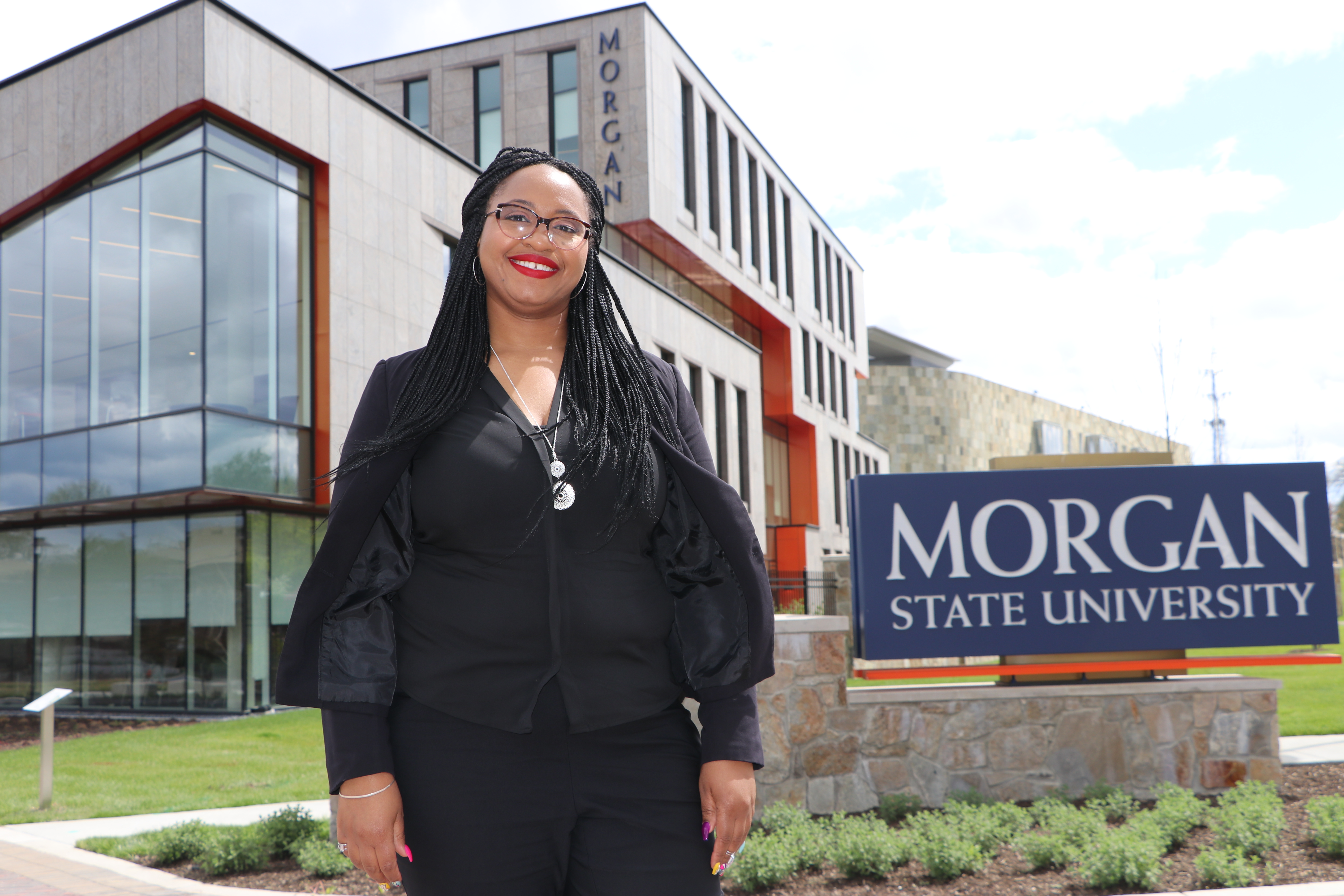Back
Breakout Sessions: Culturally Relevant Approaches to Field Education
Morgan State University School of Social Work-Integrating Social Justice into Field Education
Thursday, November 10, 2022
2:35 PM – 3:50 PM
Location: Huntington B

Martha Stuart, LCSW-C
Project Director
Morgan State University
Baltimore, Maryland, United States- LV
Laurens Van Sluytman, Ph.D.
Morgan State University
- KJ
Kwajera Jackson, LCSW-C
Morgan State University
Main Presenter(s)
Contributor(s)
Learning Objectives:
- To share field practice knowledge with practitioners who are committed to working competently and effectively with urban individuals, families, groups, organizations, and communities.
- To address challenges, issues, and problems of the urban environment toward the alleviation of human suffering and enhancing the quality of life of the oppressed, at-risk, and vulnerable populations.
- To discuss how individual and field supervision support students to learn how various clinical assessments and interventions affect minority populations and underserved communities.
